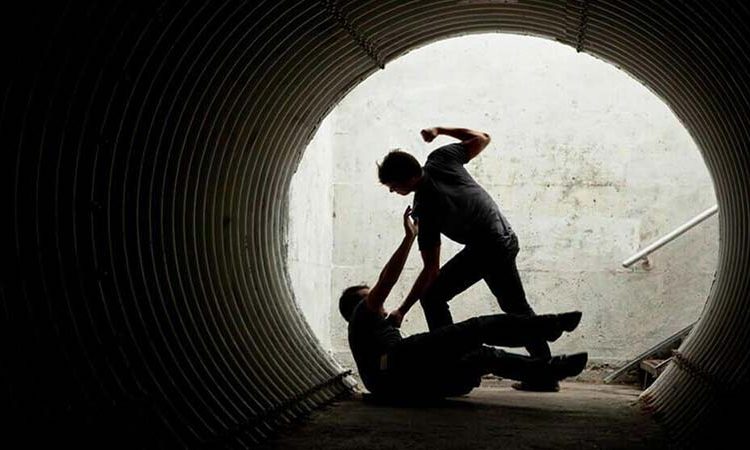
Within the current legislation that applies to drugs, drug rehab can form part of many of the potential rulings a Court can make for someone convicted of a drug offence. Others include fines and imprisonment; in the case of the former, attending a drug rehab program can also be a stipulation of the Court.
The use of drugs and their legality, plus the punishment for drug offences, is a topic of often fierce debate. Those involved in those debates range from people who believe all drugs currently considered illegal should be legalised to those at the other extreme who say that even the medical use of CBD should be a jailable offence.
Thankfully, most people fall between those two positions, and it is those who wish to reform drug legislation and how we deal with drug use rather than those who want to keep the status quo that we will discuss here.
Many believe that Australia’s current drug laws are outdated and, further, that they do very little to either stop drug use or end the criminal activities of drug manufacturing, selling, and distribution.
Read More


